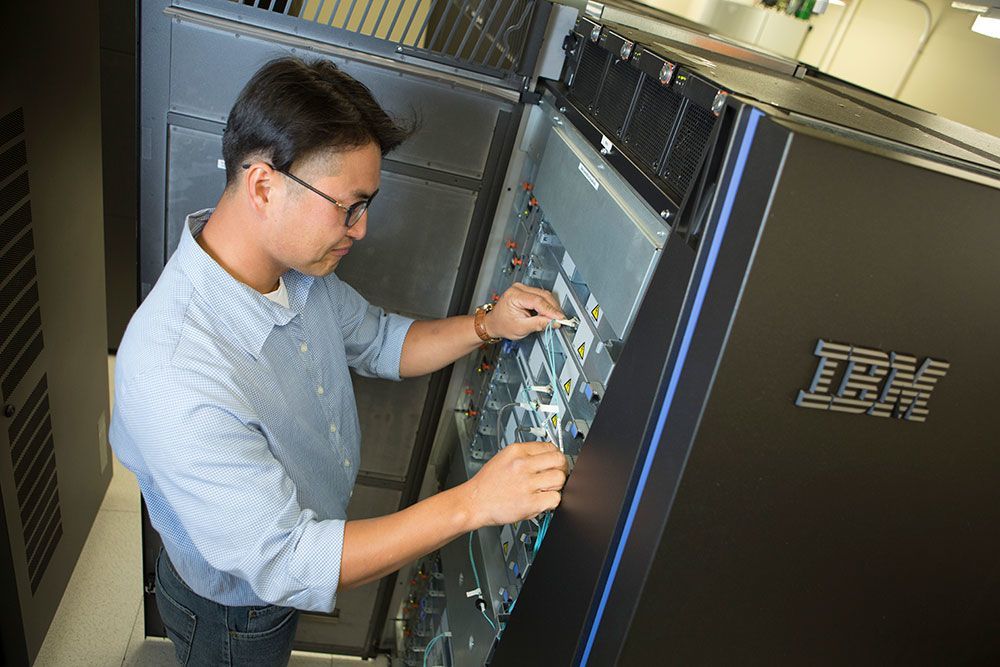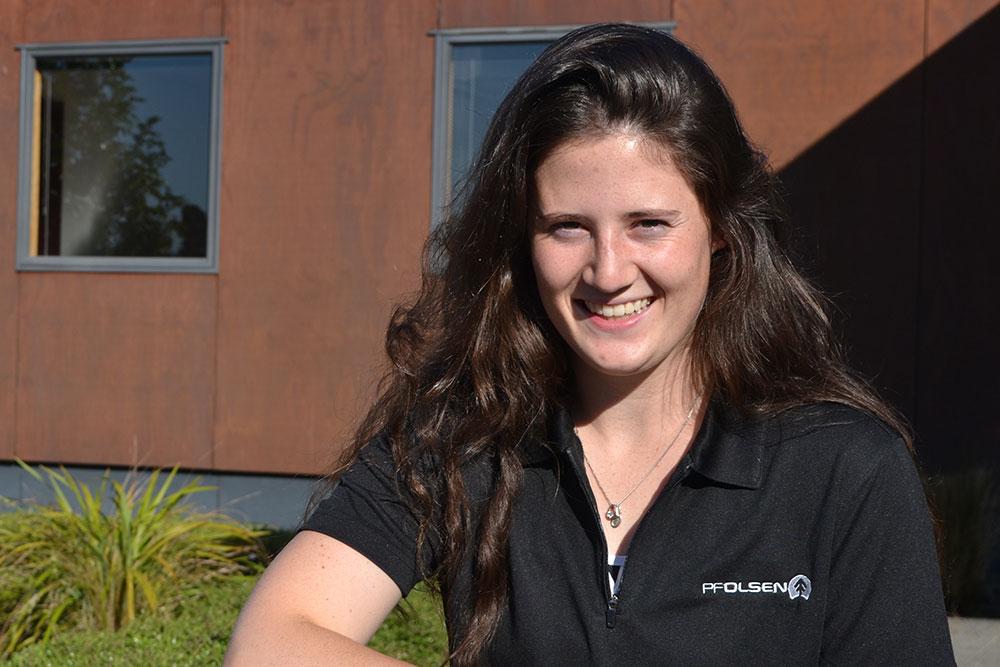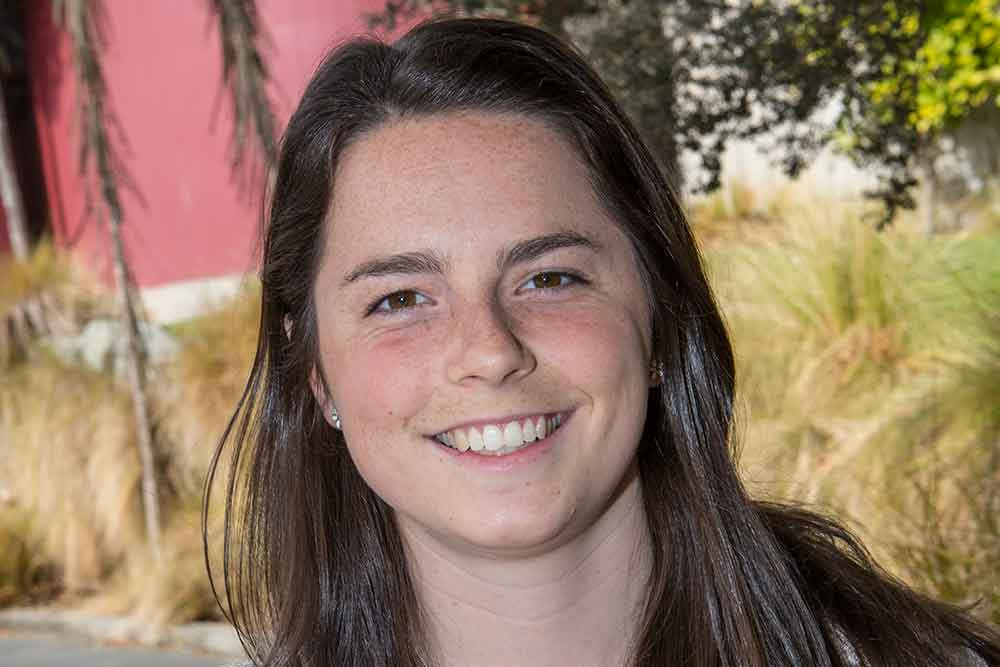Computer Engineering
Introduction
Computer Engineering combines circuit theory and digital electronics with programming, systems, networking, and machine learning, with an emphasis on solving problems using digital hardware and embedded software.
Studying this subject will give you the technical knowledge to create smart embedded electronic devices, such as portable electronics, biomedical devices, and high-performance super computers.










